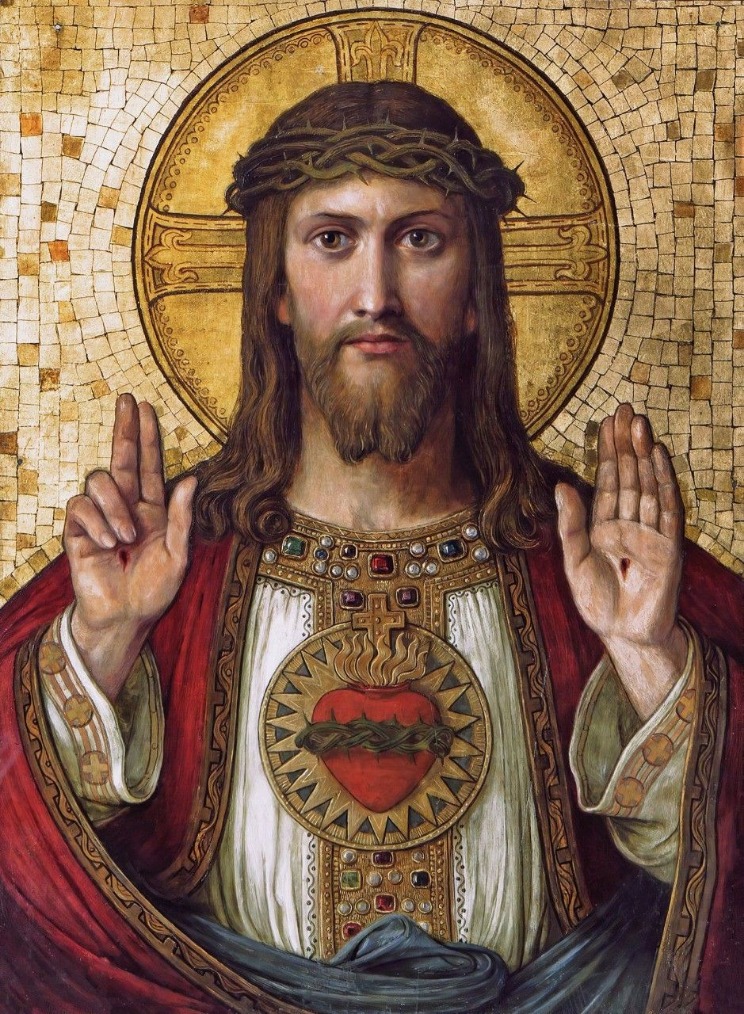The concept of worship holds significant importance across various cultures and religions. It is a multifaceted practice that can take numerous forms, from communal gatherings to personal meditations. This article delves into the different aspects and dimensions of worship, providing a comprehensive understanding of its role in human society.
The Essence of Worship
Worship can be defined as the act of showing reverence and adoration for a deity, spirit, or higher power. This devotion often encompasses rituals, prayers, and ceremonies aimed at honoring and communicating with the divine. While the methods may vary, the core objective remains the same: to forge a connection with the sacred.
Forms of Worship
Worship manifests in various forms, each offering unique pathways to spiritual enrichment. Here are some common forms:
- Public Worship: This often involves congregational services, where believers gather to perform rituals, sing hymns, and listen to sermons.
- Private Worship: Personal devotions, including prayer, meditation, and reading sacred texts, conducted in solitude.
- Liturgical Worship: Structured and formalized worship following specific rites and ceremonies.
- Non-Liturgical Worship: More spontaneous and unstructured worship, often experiential and emotional.
The Role of Symbolism
Symbolism plays a pivotal role in worship. Symbols serve as tangible representations of the divine, guiding believers into deeper dimensions of faith. Common symbols include:
- Statues and Icons
- Artifacts and Relics
- Natural Elements such as fire and water
- Ritualistic Instruments like incense and candles
Frequently Asked Questions about Worship
Why is worship important in religion?
Worship is fundamental in religion because it fosters a sense of community, offers spiritual nourishment, and strengthens one’s faith. Through rituals and prayers, believers express gratitude, seek guidance, and establish a closer relationship with the divine.
Can worship take place outside of a religious context?
Yes, worship can transcend traditional religious boundaries. Many people find spiritual fulfillment in nature, art, or meditation, wherein they experience a profound sense of connection and reverence for life and the universe.
What is the difference between worship and prayer?
While worship is a broader concept encompassing various forms of adoration and reverence, prayer is a specific act within worship, usually involving communication with the divine. Prayer can be a component of worship, but worship includes other practices like singing, rituals, and offerings.
Read more about Catholic Wedding here.
In conclusion, worship is a deeply ingrained human activity, varied in form but unified in purpose. It is an intimate expression of faith, reverence, and connection with the divine or the sacred. Understanding the different dimensions of worship enriches both personal spirituality and communal religious practices.



